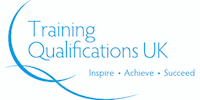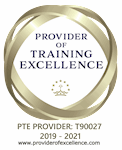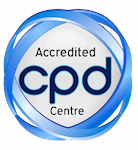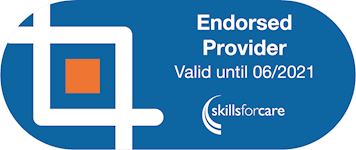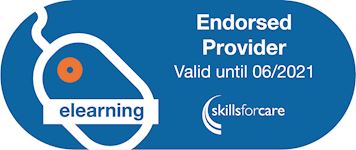Conflict Management Level 2 (VTQ) - CPD Certified & TQUK Endorsed
Video online training offering flexible training on any device at a time that meets your schedule, full course support
ProTrainings Europe Limited
Summary
- Certificate of completion - Free
- Tutor is available to students
Add to basket or enquire
Overview
Conflict resolution is conceptualised as the methods and processes involved in facilitating the peaceful ending of conflict. There are many professions and vocations that individuals can be placed in a potential conflict situation that with the correct handling can be dealt with in a calm professional manner. On this course, you will learn how to identify that a situation could arise and how to deal with it to avoid conflict.
This course is aimed at anyone who can be placed in a potential conflict situation and you will learn how to defuse it safely and work towards a positive outcome.
You can learn using our video online training or if you prefer, we offer face to face training at your workplace nationwide. Contact us for more details or to book.
The content of this and all our courses has been independently certified as conforming to universally accepted Continuous Professional Development (CPD) guidelines and come with a Certified CPD Statement as well as a ProTrainings Certificate and for online courses an Evidence Based Learning statement.
Achievement
CPD
Course media
Resources
- ProTrainings accreditation booklet - download
Description
Conflict resolution is conceptualised as the methods and processes involved in facilitating the peaceful ending of conflict. There are many professions and vocations that individuals can be placed in a potential conflict situation that with the correct handling can be dealt with in a calm professional manner. On this course, you will learn how to identify that a situation could arise and how to deal with it to avoid conflict.
Learning Outcome Assessment Criteria
The learner will: The learner can:
1. Know how communication can be used to solve problems and reduce the likelihood of conflict
1.1. State the importance of positive communication as a way of reducing the likelihood of conflict
1.2. Identify how managing customer expectations can reduce the likelihood of conflict
1.3. Identify the differences between assertiveness and aggression
1.4. State the importance of viewing a situation from the customer’s perspective
1.5. Identify strategies that can be used to solve problems
2. Know the factors that influence human responses in conflict situations
2.1. Identify human responses to emotional or threatening situations
2.2. Identify factors that can trigger an angry response in others
2.3. Identify factors that can inhibit an angry response in others
3. Know how to assess and reduce risks in conflict situations
3.1. Identify the stages of escalation in conflict situations
3.2. State how to apply dynamic risk assessment to a conflict situation
3.3. State the importance of following employer policies and guidance in conflict situations
3.4. Identify measures that can reduce risks for people who may be involved in conflict situations
4. Know how to communicate effectively and de-escalate the conflict in emotive situations
4.1. Identify how to use non-verbal communication in emotive situations
4.2. Identify how to overcome communication barriers in emotive situations
4.3. Identify ways of defusing emotive conflict situations
4.4. Identify how to work with colleagues to de-escalate conflict situations
4.5. State the importance of providing exit routes and space when dealing with an angry person
5. Know good practice to follow after conflict situations
5.1. State the importance of accessing help and support following an incident
5.2. Identify the benefits of reflecting on and learning from conflict situations
5.3. Identify the benefits of sharing good practice and contributing to solutions to recurring problems
Who is this course for?
- Reception workers
- Nurses
- Doctors
- Care workers
- Police
- Social workers
- School workers and teachers
- Hospital staff
- Public transport
- Sales staff
- Employees and employers where conflict is possible
Requirements
No prior requirements to complete this course. You can view this course on any device connected to the internet. This includes Windows and Mac computers and laptops, iPad's including the iPad mini and Pro, iPhones, Android phones and tablets. The course will adapt to the format of the device you choose.
Career path
This course will help your CV stand out from a crowd and prepare you for other courses. Our certificates can be validated online by prospective employers giving more credibility than other providers. With online courses, you receive a completion certificate, evidence-based learning statement and Certified CPD statement instantly on completion.
Questions and answers
Currently there are no Q&As for this course. Be the first to ask a question.
Certificates
Certificate of completion
Digital certificate - Included
Reviews
Currently there are no reviews for this course. Be the first to leave a review.
Legal information
This course is advertised on reed.co.uk by the Course Provider, whose terms and conditions apply. Purchases are made directly from the Course Provider, and as such, content and materials are supplied by the Course Provider directly. Reed is acting as agent and not reseller in relation to this course. Reed's only responsibility is to facilitate your payment for the course. It is your responsibility to review and agree to the Course Provider's terms and conditions and satisfy yourself as to the suitability of the course you intend to purchase. Reed will not have any responsibility for the content of the course and/or associated materials.
